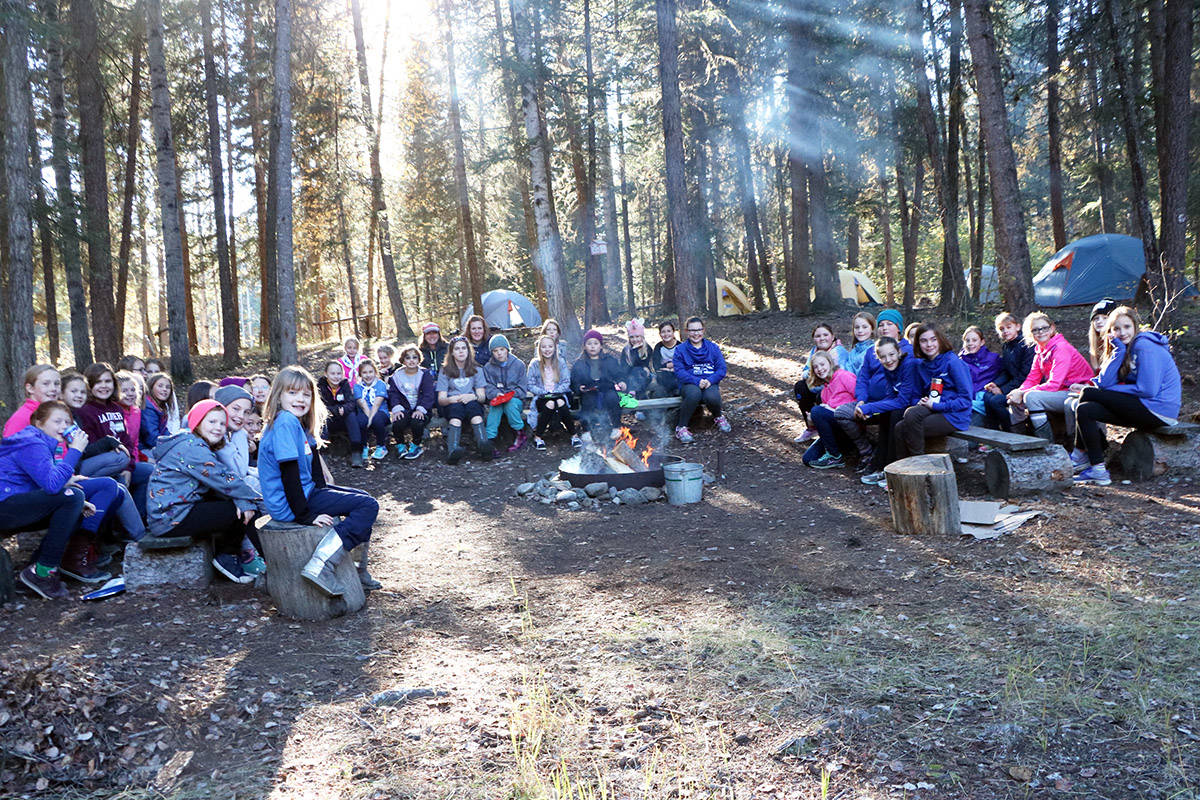Sobering but not surprising – that’s how the head of Girl Guides Canada described results from a recent poll that suggests girls across the country are twice as likely as boys to experience sexism as early as 10 years old.
The Ipsos poll, conducted in September and released this week, surveyed about 1,200 girls and boys between the ages of 12 and 17. It focused on attitudes and behaviours related to gender inequality, sexism and feminism.
“The impact of gender inequality on girls and women is real and it’s significant,” Girl Guides of Canada CEO Jill Zelmanovits said. “We know from previous studies that girls who expect to be treated unequally can be dissuaded from pursuing their passions.”
Forty-three per cent of the girls said they’ve experiences sexism at least once in their lives, compared to 21 per cent of boys. Thirty-five per cent of the girls said gender inequality has “impacted their lives.”
Respondents said inequality is most pronounced in two key areas: on the sports field and online.
About 27 per cent of girls said they’re treated worse than boys in gym class, while 15 per cent of boys said they’re treated better. The survey heard the same response for treatment on social media.
The study also suggests stereotypes about gender persist in organized activities and school. Thirty-one per cent of boys and 18 per cent of girls said they believeboys are more capable than girls in activities such as math and science, sports and leadership roles.
READ MORE: Celebrating the strides towards gender equality on International Women’s Day
READ MORE: Liberals to dig deeper, aim higher on gender equality in 2018 federal budget
While the survey showed work must be done to fully realize gender equality in Canada, most respondents said they support gender equality in principle and recognize inequality currently exists between girls and boys.
A majority of both girls and boys – 81 per cent and 76 per cent, respectively – said they recognize the importance of providing girls with dedicated spaces.
Me Too At Work: Sexual assault and harassment in the B.C. workplace
When it comes to sexual harassment and violence, 80 per cent of girls and 71 per cent of boys believe the #MeToo movement is a positive development. There was nearly unanimous approval for teaching consent in the classroom, of roughly 90 per cent.
Zelmanovits said the survey shows just how early gender inequality affects girls, and called on adults to speak with young people about what they might be feeling.
“If you are a parent or teacher or coach, or if you have a young person in your life, you need to listen to their experiences,” she said.
“You need to be aware of how you speak and realize that what you say and do matters to young people. Consider if you are part of the reason that one in three boys, and two in ten girls, think that boys are more capable than girls in a variety of activities.”
@ashwadhwani
ashley.wadhwani@bpdigital.ca
Like us on Facebook and follow us on Twitter.



